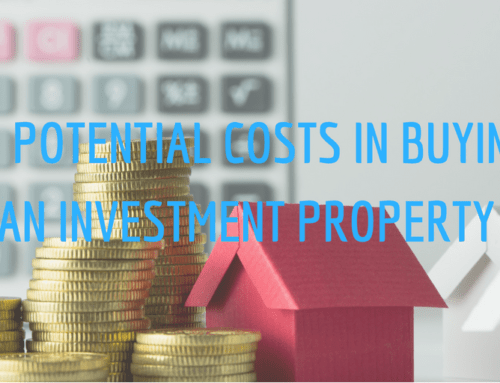
Where do you want to be in five years? It’s a question we hear often. Most of us probably have a similar ideal – a little more money in the bank, perhaps a new car, a bigger home, a few holidays under the belt, sitting comfortably enjoying a lifestyle we love.
And most of us are working towards that ideal too. We work hard, upskill, and look for roles that are going to remunerate us well, and provide pay rises as we progress.
But despite this, do you still feel like you find yourself stagnating? That you can’t get ahead, never seem to feel secure or satisfied with your income or struggle to keep up with outgoings? That five years later, you’re still in a similar position?
Recent research shows you’re not alone.
It doesn’t help that the rising costs of living is making its presence felt throughout many Kiwi households, but is this the only challenge?
With higher income, we often see expectations around standards of living also rise. So as your income expands, so to does your budget. We see that just because people can afford something, they’re more likely to spend money to get it.
In fact, research from Perceptive has shown that even those on higher incomes report feeling stressed about their finances. That means that higher income homes – those earning over $130,000 – aren’t any less stressed than those earning far less, and they even indicated that they were more concerned about saving money than those earning between $70-100,000, and $50-70,000.
Higher-earning households also worried the most about their quality of life than those who are earning less than them.
The highest-earning households rated their stress about spending power at 4.75 out of 10, only just behind 4.79 for those earning $50,000 to $70,000.
It’s something that is not unfamiliar here to us at SurePlan. We see many households who, despite strong household income, are still struggling to reach their financial goals. We see households who can live comfortably on very little, while others struggle on higher earnings. Throw in some life changes – for example, raising a family or saving for retirement – and meeting the cost of everyday expenses in line with their expected standard of living becomes challenging. A lot of our clients find it hard to visualize their financial goals, often delegated into the ‘think about it later’ category.
Why is this? We see that people with lower incomes tend to manage their money carefully. They conscious about what they’re spending it on, and want to avoid debt. Whereas, those with a higher income, are not so concerned about their outgoings, because they know that in their next pay cheque, they’re going to have income to replace it.
Which is why we believe it’s so important to have financial goals, and a budget in place to keep you accountable to working towards them. With financial targets to focus on, you’re more inclined to be conscious around where your money is going.
Ask yourself, 10 years from now, where do you want to be financially? Did you think, five years ago, that you’d be better off now financially than you currently are? Don’t let another five years go past without helping yourself get ahead. Come in and chat to us about establishing a budget and a plan to achieving that 10 year goal.









